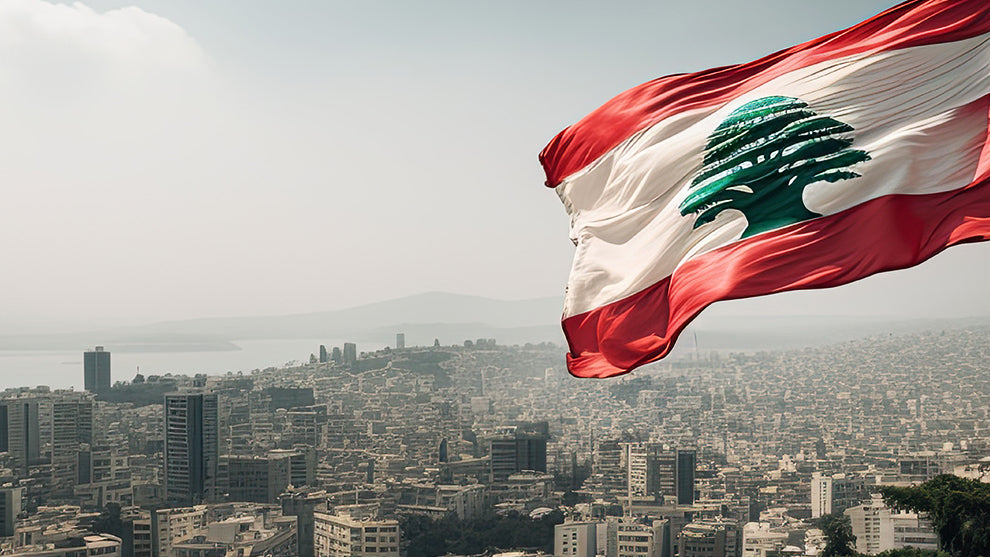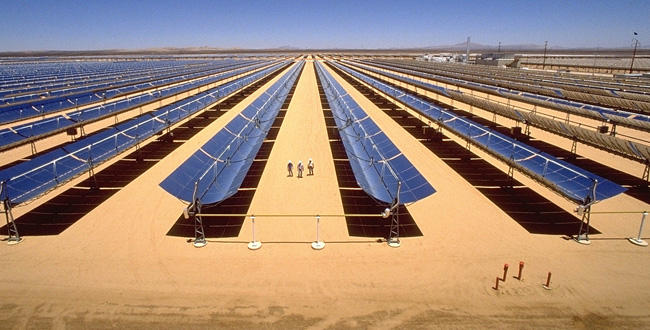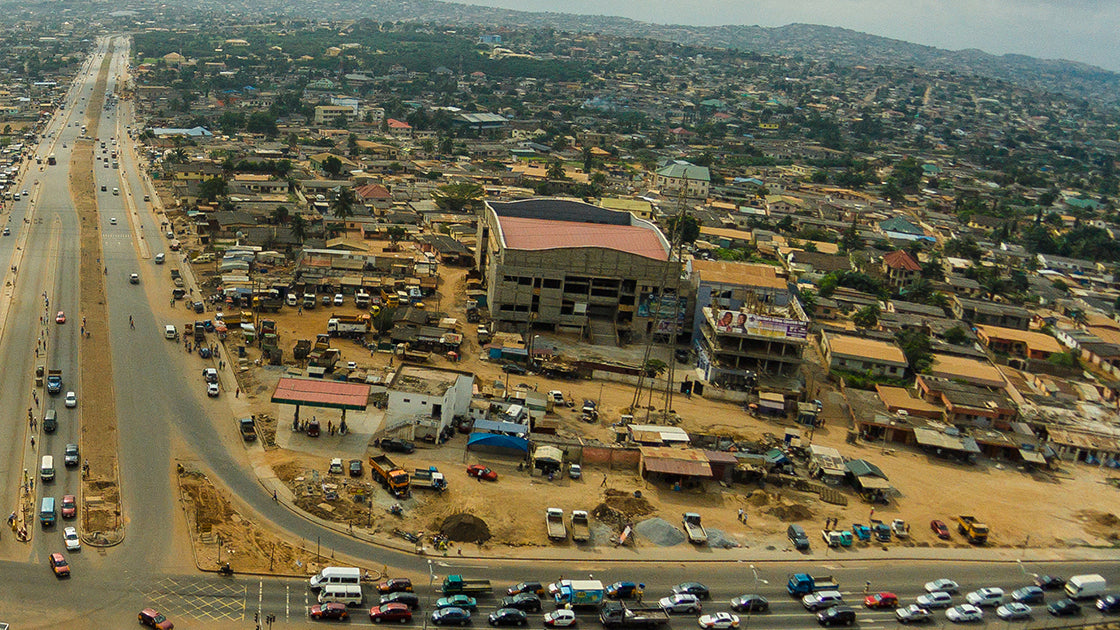
Hezbollah: The throne is tottering, but who will have the crown after Nasrallah?
With Hassan Nasrallah's shadow looming over the Lebanese political scene for more than three decades, his departure seems inevitable. But who will fill the shoes of the man with the fiery speeches and the feared aura?
Hezbollah, the paramilitary machine with strict discipline, is preparing for a complicated transition. Although Lebanon is no stranger to power struggles, the succession at the head of the Shiite organization will be thorny. The successor will have to juggle between ideology, pragmatism and a hyper-fragile geopolitical context. Zoom in on the contenders and the stakes of a succession under tension.
The two faces of Hezbollah: between Hachem Safieddine and Naïm Qassem
Hassan Nasrallah has never hidden his preferences. For years, Hashem Safieddine, his cousin and head of the Executive Council, has imposed himself behind the scenes. Charismatic, he has patiently woven his web, while remaining faithful to the hard line. Safieddine is much more than a simple lieutenant: he is a formidable technocrat, a master of the shadows capable of maintaining order within the movement and of dialoguing with Iran, Hezbollah's main supporter. But is Iran ready to push him to the forefront?
Naim Qassem, Hezbollah’s official number two, could represent a more “temporary” option. Less charismatic than his potential rival, Qassem has been a loyal servant of the party for decades. The problem? His reassuring presence could be seen as a necessary continuity in the short term, but insufficient to maintain the aura of leadership in the long term. The man has never really been seen as a natural successor. He could serve as a transition while allowing Hezbollah to refine its choice.
Succession behind the scenes: the stakes of an explosive transition
Nasrallah's departure opens a period of major uncertainty. Hezbollah cannot afford a vacuum at the top, especially in a Lebanon shaken by economic, social and political crises. The organization remains an unassailable pillar in the south of the country, but its legitimacy, long indisputable, could be put to the test.
Lebanon, already a battleground for outside influence, is watching this transition closely. Israel, Hezbollah's main adversary, sees the change of leader as a strategic window. Likewise, Western powers, notably France and the United States, are closely monitoring the maneuvers, fearing that Hezbollah could become even more radical under new leadership.
Iran, meanwhile, is preparing to adjust its alliances. Safieddine is Tehran's candidate, but Hezbollah's future does not rest solely on external support. The group's popular and military base, as well as its political ramifications in Lebanon, are all pieces in an extremely complex puzzle.
What this transition means for Lebanon and the region
Whether one loves or hates Hassan Nasrallah, it is undeniable that his personality has shaped much of Lebanon’s recent history. Replacing such a man is a risky exercise. His successor will have to reinvent Hezbollah while preserving its unity in the face of internal divisions, but especially in the face of a Lebanon in ruins. The balance between military resistance and political influence, between pragmatism and ideology, will be decisive for Hezbollah’s future.
The question remains: Will Hezbollah manage to remain the same sprawling organization with a new face? Or will Nasrallah's aura carry the movement's greatness with it? The chess game has already begun. And it is not a closed-door match, but a battle whose outcome could redraw the political map of the entire Middle East.



Leave a comment
This site is protected by hCaptcha and the hCaptcha Privacy Policy and Terms of Service apply.